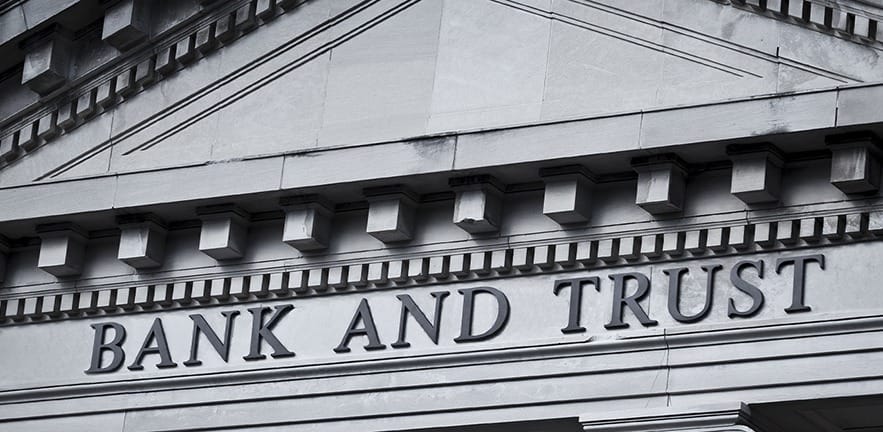Oliver specialises in the idea of trust in banking and bankers – and why there is so little of it about. Because when you consider the sheer number of transactions successfully completed every day, our lack of trust is actually counter-intuitive.
So what is trust and how can it be measured? “Trust is essentially a state of mind – one that’s complex to describe,” he says. “When we talk about trusting people or institutions, that’s an attitude that is reflected in behaviour,” Oliver explains. What does a trustworthy institution look like? “It means they have certain kinds of dispositions. And that’s where ethics comes in, because the bare idea of trustworthiness doesn’t tell you much about the range of actions you’re interested in.”
Together with Professor Boudewijn de Bruin of the University of Groningen, he is working on a five-year project around trust in banking, funded by a one million euro grant from the Dutch research council NWO. They are exploring fundamental questions about how banks can establish trustworthiness, which is needed if they are to be properly trusted, and how citizens can decide which banks they should trust.
In fact, most people tend to view greed and dishonesty as the primary ethical problems in banking, Oliver says, while neglecting to think about competence, diligence and accuracy. Public perception of banks and bankers has hit rock bottom following the financial crisis, and polls have repeatedly found banking to be among the least trusted industries. “The very serious problems with banks have often involved just a few individuals, but their wrongdoing spreads throughout public perception.” That perception affects individuals and the industry as a whole. ”Few bank employees see themselves as bankers. They want to distance themselves from that image,” says Oliver.
All of this reveals an interesting fact about how public perception works in different fields. “Bankers have struggled to recover from the damaging behaviour of their bad apples.” In contrast, he notes, we don’t judge doctors by the minority who commit serious malpractice. This difference between professions can be partly explained by a difference in assumed motivations. After all, the primary focus of banking is to make money.
In recent years Oliver has given seminars for the Business School’s Centre for Compliance & Trust, as part of its programme for compliance staff at Barclays Bank. Last October, the Centre hosted a one-day conference on Trust in Banking at the London Stock Exchange at which Oliver introduced his PhD students’ report on ethical banking.
Oliver has also engaged in consultancy work in the public and private sectors. “One company wanted to move beyond customer satisfaction to what they called customer loyalty.” This sounds like a good idea, but what does it actually mean? “We offered them various models of a loyal person. Loyalty can be negative – just look at football supporters who react badly when a club changes ownership.”
“I am always keen to share what we’ve learned with our students,” says Oliver – a desire that resulted in a final-year undergraduate option examining ethics in organisations, including corporate agency and responsibility, accountability and trustworthiness. “It gave students something tangible to take to employers – and a number of graduates have told us it is a winner in interviews, since they can talk articulately and persuasively about sustainability and social responsibility.”
He has also run electives on the Cambridge MBA and Executive MBA programmes with philosopher Hallvard Lillehammer, examining philosophical issues in business, including trust and truth-telling, for example in advertising. “Should we always tell the truth in business? Is persuasive advertising an objectionable violation of autonomy?” asks Oliver.
Banks’ attitudes are very different today. “Since the crisis, there has been interest from the public and from regulators in how banks operate and how this can be changed.” The focus really needs to be on trustworthiness, rather than trust. “The crisis was about a lack of trustworthiness,” says Oliver. “If trustworthiness is restored, then we’ll trust the trustworthy. You can’t make people trust others. And it’s foolish to expect people to trust the untrustworthy.”


